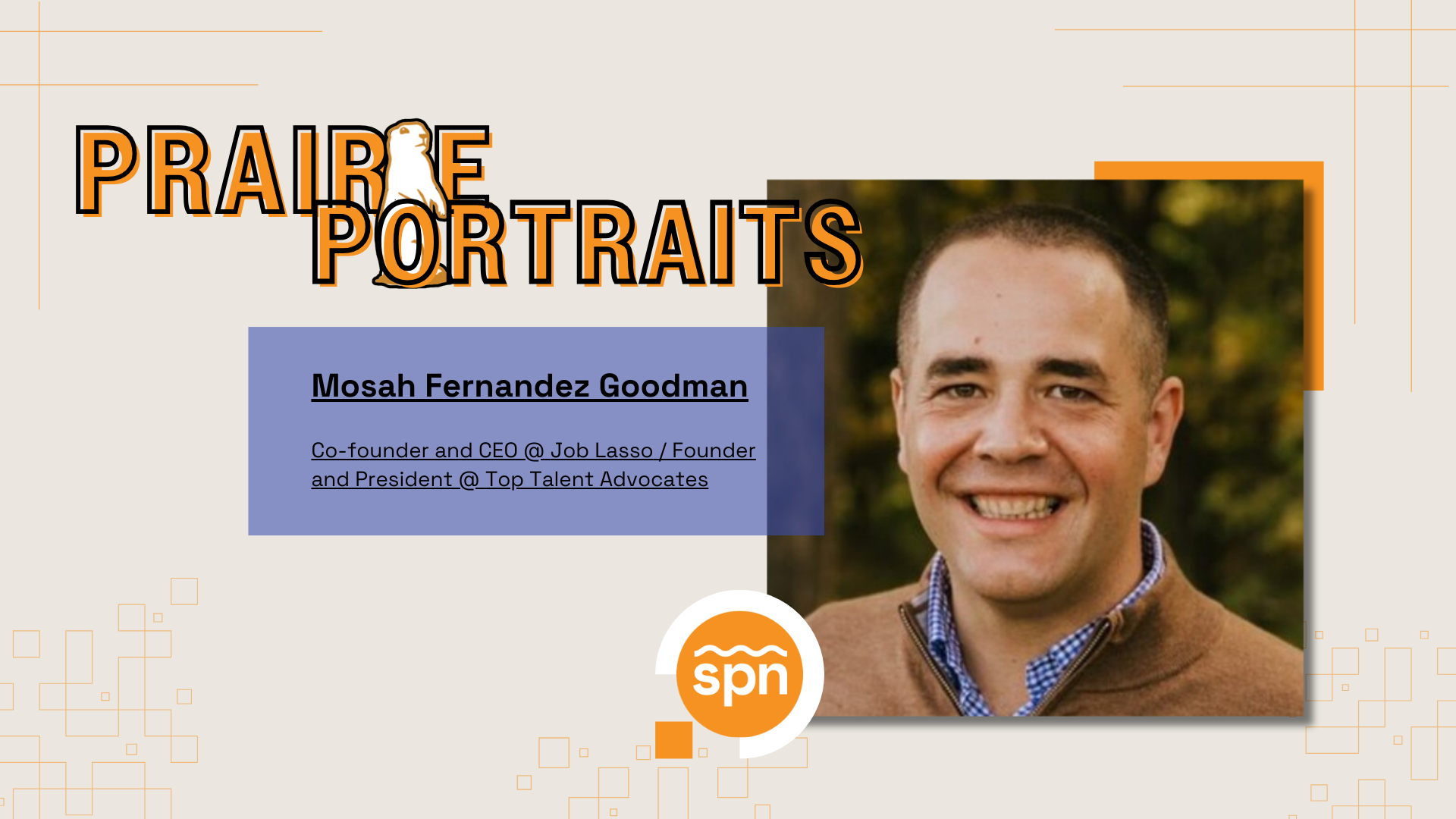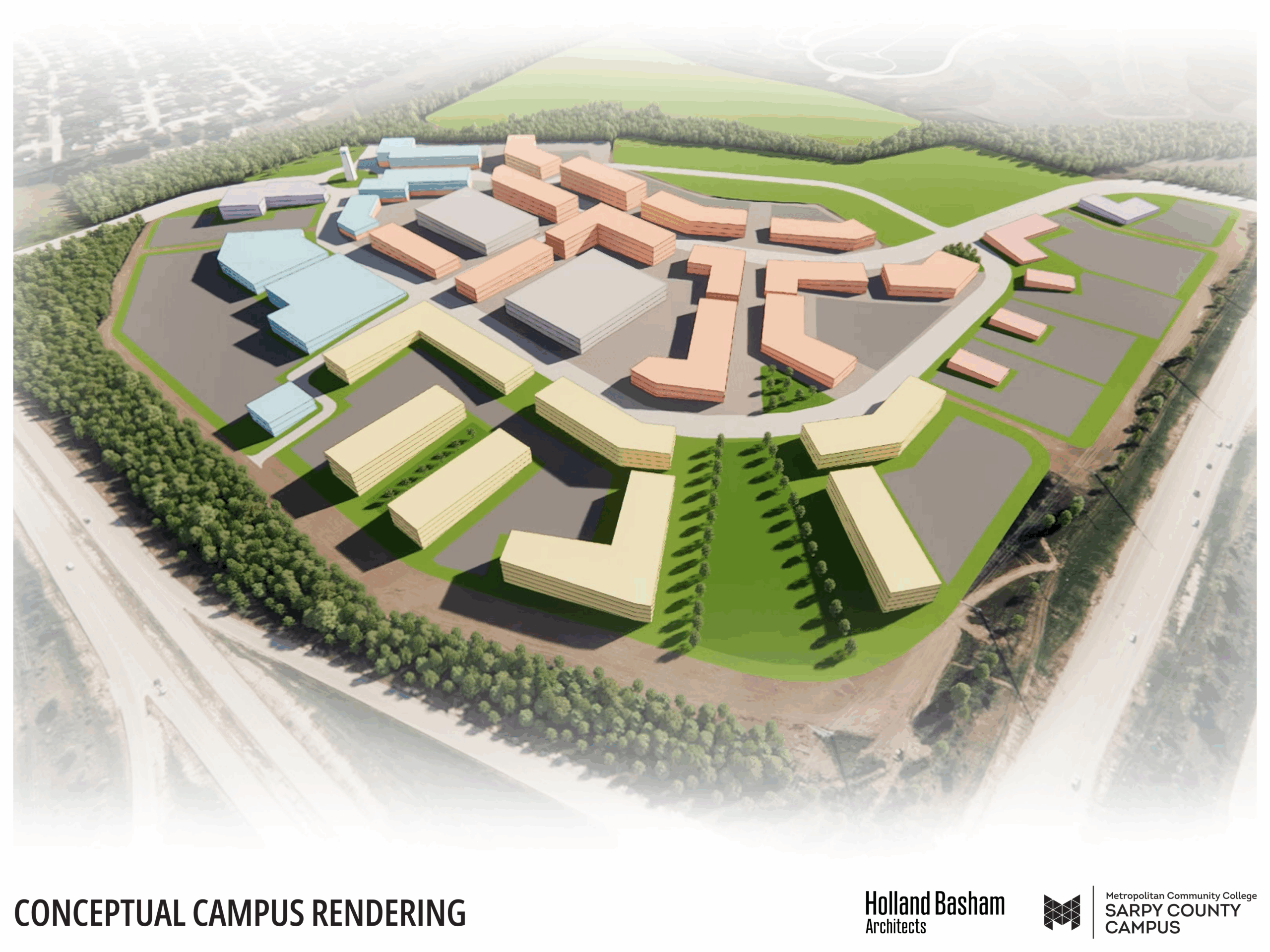Enter your email below to watch the interview
SPN recently sat down with Flywheel cofounder Dusty Davidson in the Flywheel Underground (known around the office as the FU) to talk about Flywheel’s ever growing business. Flywheel will be presenting their story at the Startup Story Social on March 30.
Flywheel has expanded their office twice, acquiring more floors of their building and filling up the new expansions as soon as they’re completed. In the last 5 years, they’ve grown to approximately 80 employees with another 20 or so to be added this year.
That is fast growth for a business that began in a garage in 2012 with Davidson and cofounders Tony Noecker and Rick Knudtson. Davidson got his start founding software consulting firm Bright Mix and hired on Noecker as a software engineer and Knudtson as an intern. Over time, the three went their separate ways but then “got the band back together” to found Flywheel.
They took what they learned on the consulting side and used it to build a company that sells software as a service and a scalable product.
“The ability to scale, the ability to have high margin, the ability to not simply trade time for money [are all reasons] why we want to build products that are scalable,” said Davidson.
Creating an effective and scalable business model
Davidson said that Flywheel is the culmination of the founders’ combined experience building websites together at Bright Mix, and then realizing years later that what they were doing wasn’t ultimately effective.
“What we were doing back then really sucked. The workflow sucked, the technology sucked, the companies that we would ultimately recommend to our clients to host with were no good,” said Davidson. “We looked at the market and said, ‘How do we build the company and the product that we would have used?’”
Davidson said a lot of other business founders asks him why he’s so passionate about what he’s building and he tells them it’s exactly because of that ineffective past business model that he champions what Flywheel is doing.
“For us, [Flywheel is] the product we wish had existed and we would have used,” said Davidson. “That makes the conversations with our customers easier because you’re just having a conversation with them about their problems and how they’re similar to the problems that we had.”
Filling a need for managed hosting
In 2012 when Flywheel was founded, there were only a couple managed WordPress players, The idea that clients wouldn’t have to configure their own WordPress sites was new since the biggest hosting companies offered pretty generic shared hosting.
Davidson explained that the ability for Flywheel to focus on WordPress sites and manage that focus well, was a change for them to be able to charge more and focus in on a piece of the market.
“Hosting is a commodity space,” said Davidson. “It’s a race to the bottom for all the people who want to race to the bottom. We want to elevate ourselves above that in terms of quality and service and product to be able to demand a premium price.”
Challenges of being based in the Silicon Prairie
Davidson is one of the original founders of Silicon Prairie News and Big Omaha and cares deeply about Omaha’s startup community. Six years ago Davidson said that in order for the the community to make it big it needed 100 Hudls, companies that are scaling quickly, have a great culture and can make a big dent.
“I’ve come to think that the biggest impact long-term that can be made is for people to scale companies. But at the same time, ones that are integrated into the community,” said Davidson. “The more integrated fast growing companies can be in the community, the more visibility there is around the fact that it’s possible.”
He thinks the view of Omaha’s startup scene has changed over the years with more education, exposure and champions. People are overall more open and receptive to the idea of a scene, but now the challenge is to make the scene grow and prove it’s value. Awareness and participation have to increase, while at the same time companies have to be created that grow and offer opportunity and wealth.
“The challenge continues to be sort of the disparate nature of it,” said Davidson. “There’s a belief in a sense that this type of activity is fleeting and it’s all events and no substance.”
Davidson knows those things take a long time and it’s going to be a 20 or 30 your journey.
Home in Downtown Omaha
Flywheel is deeply invested in the Old Market because of the company belief in walkability, urban density and being a part of the fabric of the city. It’s not without challenges like commuting and parking, but Davidson believes the pros for employees and for the culture of the startup community outweighs the cons.
He admits that Omaha struggles with geographic problems but hopefully Flywheel can be a starting point for a hub to develop and attract more companies and talented employees.
Enter your email address above to visit the SPN Community Hub to watch the complete interview. Be sure to register for the Startup Story Social to hear more from the Flywheel founders.
Thursday, March 30 from 6:30 – 8:30 p.m.
The Exchange, 1905 Harney St., 7th Floor, Omaha, NE
6:30 p.m.: Doors open
7:00 p.m.: Flywheel Presentation
8:30 p.m.: Doors close
Visit the Startup Story Social website to register for this event.




